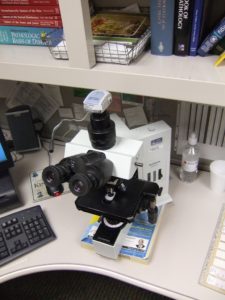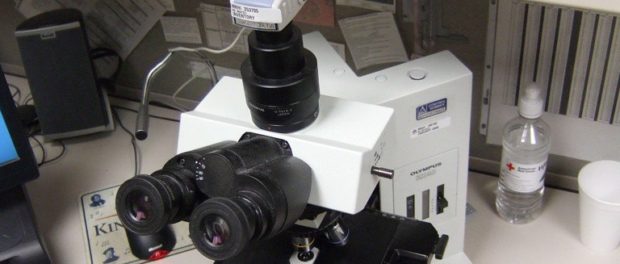Admissions from unrelated case cannot be used in board action against man practicing without a license
 A self-styled “pathologist assistant” who performed unlicensed autopsies cannot substitute discovery from another case for a proceeding before the board for unlicensed practice of autopsies, the Court of Appeals of Kansas held October 28.
A self-styled “pathologist assistant” who performed unlicensed autopsies cannot substitute discovery from another case for a proceeding before the board for unlicensed practice of autopsies, the Court of Appeals of Kansas held October 28.
In 2019, the state charged Shawn Parcells with unlicensed practice of medicine and the board followed with its own case seeking to enjoin Parcells from practicing. Parcells, who never attended medical school, had also not obtained licenses to practice medicine as a physician, required for performing autopsies in Kansas.
Despite that lack of licensure, he began independently performing autopsies, making medical diagnoses, and holding himself out as a medical professional, including the use of “PA” after his name, which he claimed meant “Pathology Assistant” and not “physician assistant.”
Parcells never responded to the board’s discovery requests, even after two reminders sent after the 30-day response period offering to provide more time. He ignored a further deadline imposed by a court, and the board filed for summary judgment.
After several delays, the court granted him additional time, warning him that it would not tolerate any further delays. Parcells responded, but never provided discovery, instead asking the court to take notice from discovery he had provided in a consumer protection case which involved many of the same facts. Eventually, the court granted summary judgment for the board, prohibiting Parcells from performing autopsies.
Parcells appealed, arguing that the court erred when it did not accept his suggestion to take notice of the discovery and record from his consumer protection case.
Reviewing that case record, the court noted that the evidence in the consumer protection case was relevant. However, under Kansas law, requests for admission in the discovery process can only be used in the pending action for which the requests were issued. “Thus, Parcells endeavored to have the district court act in contravention of that provision when he extracted discovery responses from one case and argued for their implementation in a separate legal action purely by fiat,” the court wrote.
“The Board’s case is distinct in fact, law, and jurisdiction from the other matters in which Parcells was embroiled. Thus, the use of the discovery evidence at issue is limited to the consumer protection action in which it was submitted. To hold otherwise would violate the Kansas Rules of Civil Procedure.”
The court also noted that admissions in a different case do not count as admissions in a case at hand; Parcells could still litigate the meaning of his state-ments in the context of the other case after the board’s attorneys relied on them.
Addressing Parcells’s challenge to the sufficiency of the evidence in his case, the court noted that Parcells, without question, conducted autopsies without a medical license in violation of Kansas law, and was the registered agent for several organizations with names like “National Tissue and Autopsy Recovery Services.” Thus, no question of fact existed in the case, the court said in affirming the board’s decision.
Regarding Parcells’s use of “PA” to indicate that he was a “Pathology Assistant,” in support of which he claimed to have provided enough evidence to merit a factfinding, the court noted that any education and experience he had were irrelevant to whether he violated Kansas law by using an abbreviation for “physician’s assistant” after his name without the appropriate license.

